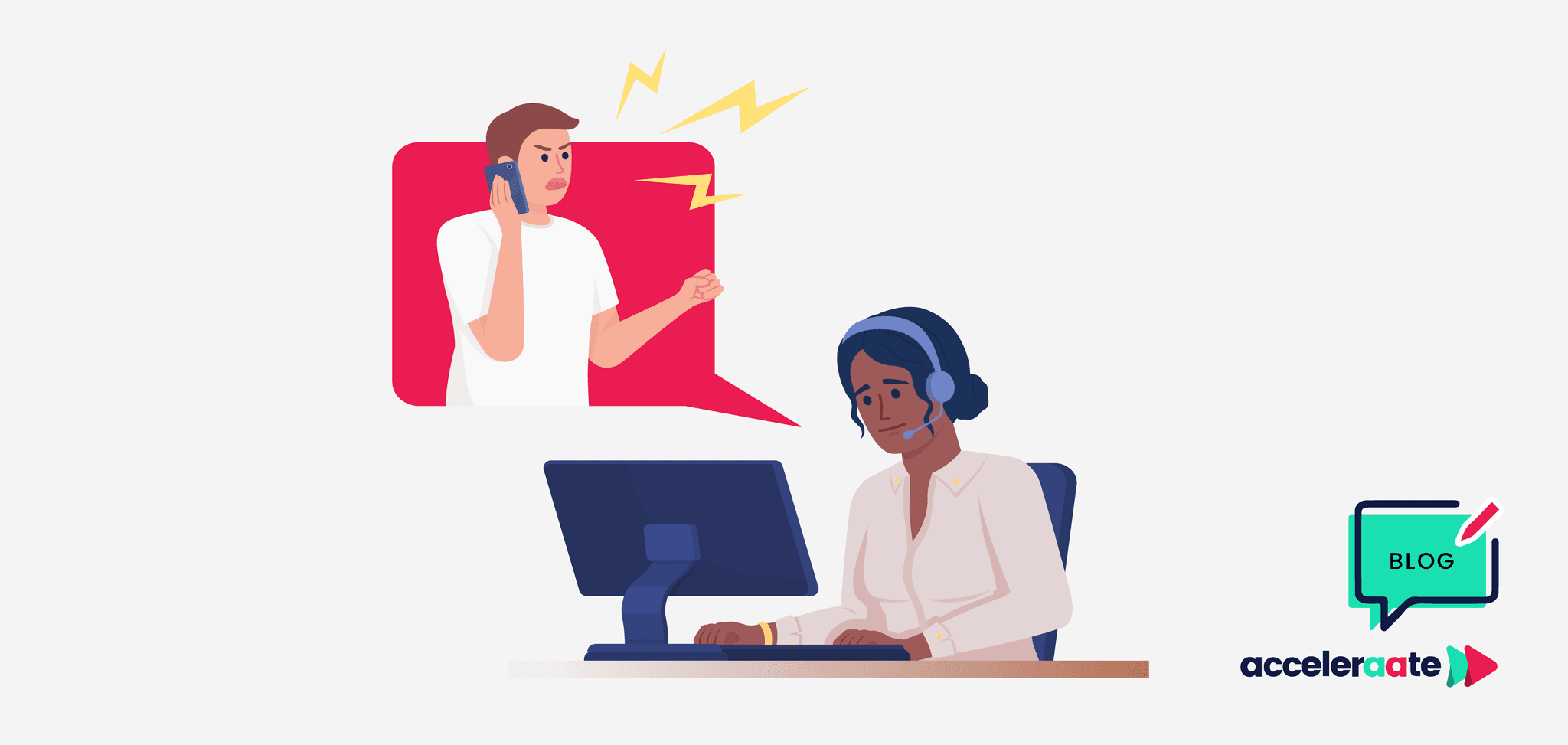
Conversation analytics technology has evolved rapidly in recent years, fuelled by advances in artificial intelligence and machine learning, and driven by huge investment (and acquisition) by the ubiquitous global cloud CPaaS and CCaaS providers.
Contact centre operators have been adopting conversation analytics over the last decade. Initially used to improve customer experience by identifying common issues, trends, and areas for improvement, the technologies have improved over time, enabling clients to deliver somewhat more complex and involved use cases such as PII redaction, next action, and QA automation.
Of course, working habits have changed beyond all recognition since the pandemic, with home-working now commonplace across every industry and function. Contact centres are no different. Where previously customer service agents would occupy a single office space, now they are part of distributed, hybrid teams. And with that comes new challenges for leaders, not least in terms of quality, compliance, training, motivation, and onboarding.
Conversation analytics has been playing a key role in helping contact centre operators to address some of these challenges recently, but the technology can also be utilised to improve employee experience and wellbeing…
Imagine you’re a customer service agent. You’re just finishing up on a very challenging call, with a difficult customer, who spent 20 minutes shouting and swearing at you. What do you do when you put the phone down? If you’re in a traditional call centre setting, you’ll probably turn to your colleague, have a bit of a laugh about it and maybe a little rant. Then you’ll probably feel a bit better and move on to the next one.
Now replay that scenario, but replace traditional call centre setting, with working from home. Who do you turn to now, when you’ve had a difficult call, or you’re simply having a bad day. It’s easy to see why, in 2022, 83% of contact centre workers said that their work takes a toll on their mental wellbeing; with the associated loss of productivity and sick days costing the industry £990 million per year.
Conversation Analytics for Agent Wellbeing
Encouragingly, many contact centre operators are now taking agent mental health and wellbeing much more seriously, with over half (52%) now having mental health first aiders in place. However, even this is still an after-event measure, whereas technology could now be used to identify the triggers in real time and help to head-off stress and anxiety-creating situations at source before they become critical.
Conversation analytics could be used more broadly here to predict and prevent the situations and behaviours that lead to stress and anxiety when working remotely.
For example, it can flag instances where agents are getting overwhelmed, frustrated, or stressed during calls. By identifying these instances, contact centre managers can take steps to proactively address these issues and provide support. Perhaps, sometimes, those agents just need to know that it’s perfectly acceptable to hang-up on an abusive caller. With the right keyword tags in place, the conversational analytics technology could be proactively managing the status of active calls, and providing real-time guidance to the agent on what they should do next (hanging up might well be one of the options)!
Additionally, conversation analytics can help managers identify trends and patterns that may be contributing to agent stress or burnout. For example, it may reveal that certain types of calls or customers are particularly challenging, or that certain agents are consistently struggling with certain types of interactions. Armed with this information, managers can take steps to address these issues, such as providing additional training, or refining skill and routing profiles to deliver certain interaction types to different teams or people.
Conversation analytics can also help agents help themselves by providing them with insights and feedback on their performance. By analysing their interactions with customers, agents can learn what they are doing well and where they may need to improve. This can be particularly helpful for new agents, who may be struggling to find their feet, especially if their role is home-based and onboarding is delivered remotely.
More than just a Customer Experience tool
With AI and machine learning technologies continuing to march on, and multi-lingual natural language processing capabilities starting to reach maturity, there is so much more that conversation analytics can offer in the contact centre environment.
By identifying areas where agents may be struggling, providing real time support and feedback, and addressing underlying issues, managers can create a more positive and supportive work environment for their agents, leading to greater productivity, lower absenteeism, and improved retention.
Why Acceleraate?
With years of CX experience, and a data-driven optimisation approach, we can help companies to plan, select, and get started with conversation analytics solutions. We’ll work collaboratively with you to identify your objectives and success criteria, suggest a best-fit analytics solution, and help you to prove the value.
For more information and to get started, contact us today.
About the author

Part of Founded Group Limited








